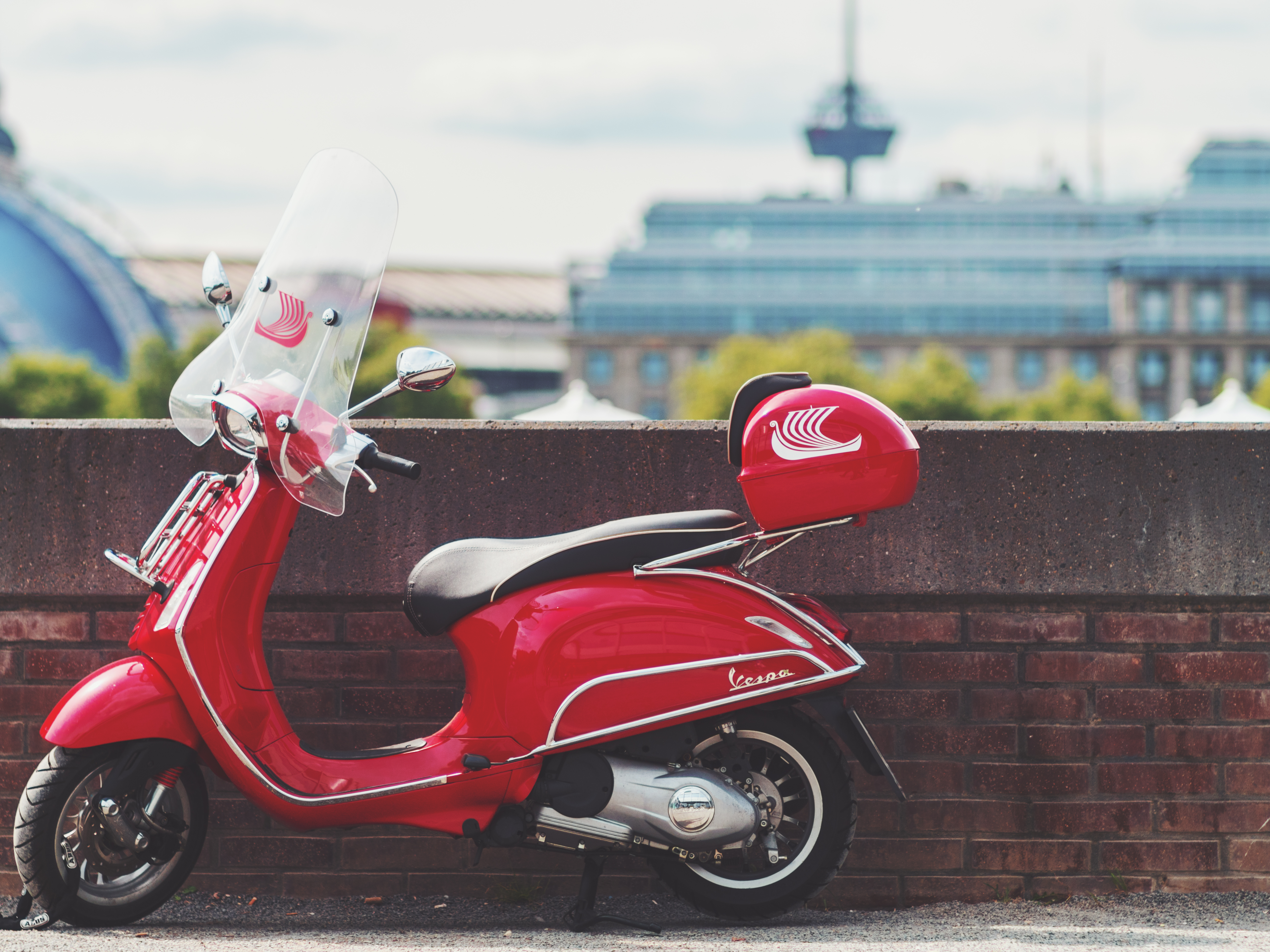The Dutch startup Zero wants to roll up the European market from Berlin and competes against well-financed US players like Lime and Bird, which has already started a scooter pilot project in Bamberg. Smaller providers such as Voi from Sweden, the two Berlin startups Tier Mobility and Flash and Hive, the scooter service from Mytaxi (Daimler), are also working on an offer.
All potential market participants are eagerly awaiting the green light of the legislator planned for the spring of 2019, as it is well known that driving electric scooters is still prohibited in Germany. A corresponding regulation is currently being revised and is due to be issued in the first or second quarter of this year.
New details on scooter regulation
As it was learned from the Federal Ministry of Transport, the hearings of the countries and associations are completed. Now, the notification of the regulation by the European Commission and the decision in the Bundesrat are pending. The cornerstones of the regulation are: Handlebar, speed limit 20 km / h, power up to 500 watts, insurance cover, moped or other driver’s license, no helmet required. The scooters must also meet “driving dynamics minimum requirements”.
In addition, the Ministry confirmed that, contrary to earlier plans for vehicles without handlebars – such as hoverboards – a scientifically accompanied exception order should be issued in the first half of 2019. “The exemption regulation is not subject to approval in the Federal Council, so the process is quite fast,” said the Ministry.
Zero counts on cooperation
The Dutch are pursuing a different, more conciliatory strategy than the US companies, which are endowed with venture capital in the amount of hundreds of millions of US dollars (here an overview). They rely on cooperation with other mobility service providers and the cities. Because one has learned from the scooter boom in the States: Without cooperation, it is not. The new vehicles require regulation – be it when parking the scooter or when observing traffic regulations.
“We intend to give our users access to the other mobility providers, to share anonymised data and to optimize e-scooter spots close to public transport,” says founder Wouter Moekotte when asked about the planned cooperation. “Especially for small and medium-sized e-scooter companies, we want to procure hardware and spare parts together. Essentially, it’s about getting money as a European network. ”
Electromobility: The electric scooter lobby should stop the moaning Cycle paths and sidewalks are not adult playgrounds or self-actualization zones. That’s why regulating the scooter trend makes sense.
Wouter Moekotte has already founded the eco startups Bio Futura (reusable cups and drinking straws) and Beo Bottle (recycled water bottle).
Zero plans to bring its scooters to the streets in Berlin and in Dutch cities soon after a pilot project that has not been located yet.

